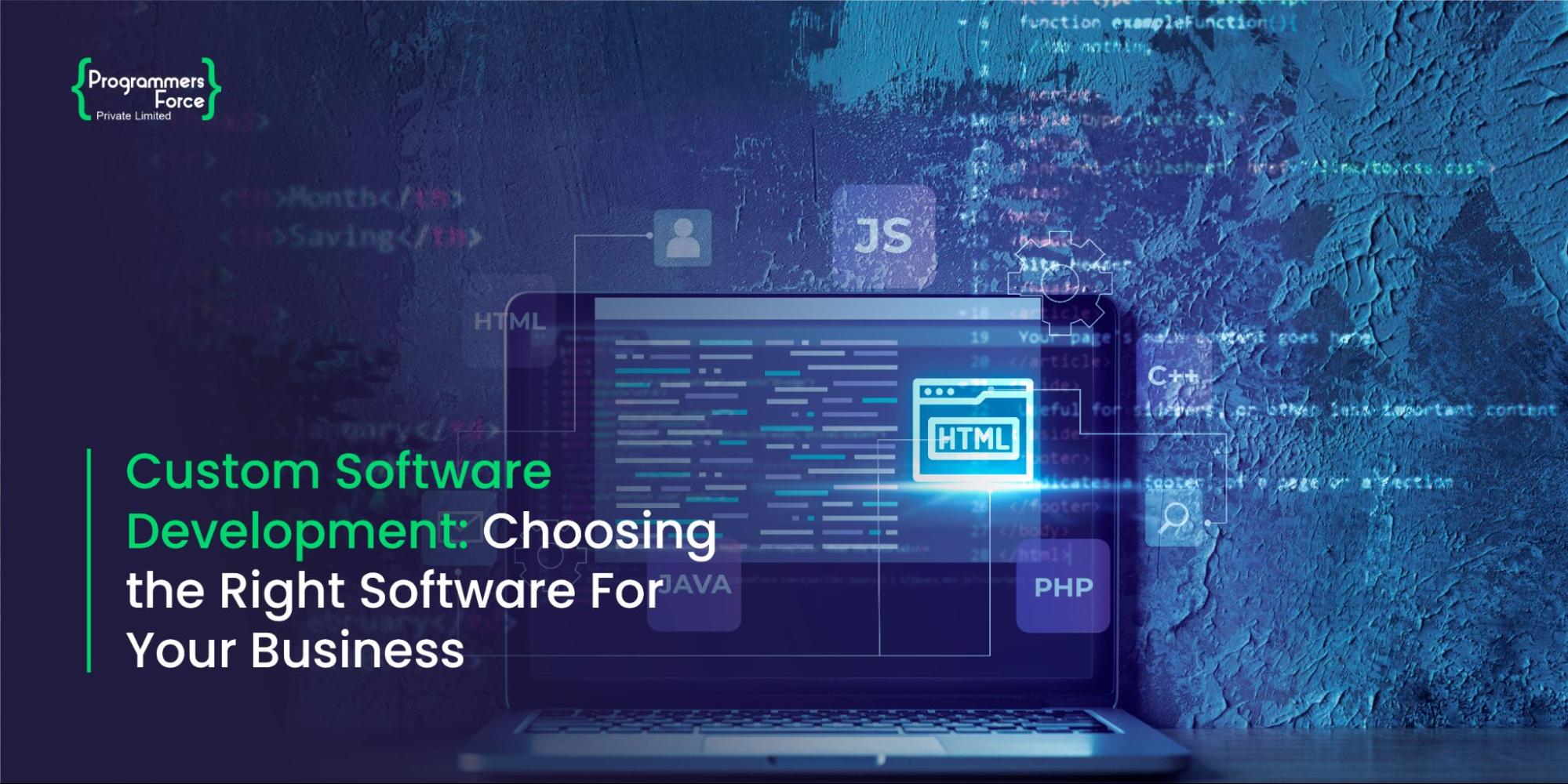
Hybrid Apps vs Native Apps: Which One to Choose for Mobile App Development
After great market recognition and demand, mobile app developers are growing at a great pace. The app development industry itself seems to overtake every other sector in its way as application development is expected to reach a market value of $366 billion by the end of 2030. But one thing which confuses most newbie developers is whether to invest their time and resources in learning native application development or hybrid application development.
This blog will help you decide which side of app development is best for your preferences as it will walk you through all the pros and cons of both native and hybrid applications.
Hybrid Apps vs Native Apps – An Overview
The ongoing debate seems unending as people tend to compare Hybrid apps vs Native apps on tech forums and blog posts. However, choosing the right app development type depends on the type of application, one aims to create and where he or she would deploy it after completion. One can choose the development type by comparing the advantages, disadvantages, metrics, and features of both. Let’s start by differentiating both Hybrid and Native apps.
What is a Native Application?
A native application is software that is designed specifically for a given platform or operating system. It’s similar to a custom-made outfit, tailored to a single device or operating system. This means that it makes use of all of the device’s capabilities and functions, such as the camera and microphone, to deliver a smooth and optimum user experience. Native apps, which can also be referred to as the opposite of online apps, can be downloaded and installed directly into your device. Snapchat, and WhatsApp are examples of popular native apps.
Advantages of Native Apps
- As mentioned above, native applications are designed specifically for a platform or operating system, allowing them to take advantage of the device’s hardware and software advantages to create a smooth and optimum user experience. As a result, performance is improved, load times are reduced, and animations are smoother.
- Native applications are more interactive and intuitive providing a seamless experience to the users. They follow all the device settings which offer users more natural processing operations.
- In native app development, developers can access complete device features and capabilities such as camera, mic, and all other hardware in a much more efficient and seamless way. This results in faster execution of operations and a better overall user experience.
- Offline working is another significant advantage of Native apps over hybrids as they do not require an internet connection. This attracts more investors as they get continuous connectivity from users.
What is a Hybrid Application?
Hybrid applications are solutions that are not specifically built for the mobile device instead they are the optimized form of web applications that work on mobiles and tablets. Since they are generally web applications, these apps are created using HTML, CSS, and JavaScript and then optimized for mobile. In hybrid app development, mobile app developers combine components of native and online apps. It uses a native container to wrap the web app, allowing it to be distributed and accessible through app stores in the same way that traditional native applications are. This union of web and native technologies enables the creation of solutions that can run across different platforms while maintaining the appearance and feel of a native app.
Pros of Hybrid Apps over Native
- Because hybrid applications use web technologies such as HTML, CSS, and JavaScript, they are faster to develop than native apps. This indicates that instead of learning platform-specific languages like Swift or Java, developers can leverage their existing web development abilities to create hybrid apps.
- Hybrid applications allow the reuse of code across many platforms which decreases development time and expenses even further.
- One of the major benefits of hybrid applications is their ability to operate on several platforms, including iOS and Android. This means that businesses may create a single hybrid app that can reach a larger audience than a native app created just for one platform.
- Hybrid apps provide easy maintenance without requiring users to download a new version of the app. Developers can make changes to the app’s code and content without requiring users to manually update the app.

Still, Confused? Here are 3 Points to Help You Decide
Development Budget
The first step to determine when deciding which development type to choose is reviewing the application development budget. Both native and hybrid applications consume different costs. One rule of thumb is if you have a high budget for the application and have investors as a backup, go for Native mobile application development. You can also choose hybrid application development depending on the type of project. For instance, if connected to an already existing website.
Application UI
The second aspect to choose when developing applications is determining which app focuses more on. To illustrate this, check whether the application you are planning to develop will have significant functionality on the client side or the server side. If you want a simple app with client-side operations for the user then opt for Hybrid application development as it is much easier to create animations and effects. But if the priority is backend calculations and complex processes, a native application is the go-to decision.
Application Security
If you are developing an application that involves finances and banking operations, you must keep security as the top priority. Native applications offer more security than hybrid applications as they are built specifically for the device type and operating system. The libraries and resources it consumes are well equipped with the latest security protocols for instance if the app is for Android OS, it needs to fulfil all the Google play protection protocols to get its place in the Android play store.
How Programmers Force Develop Modern-Day Apps
The Programmers Force specialized in creating customized mobile applications using both Native and Hybrid solutions. We ensure that the app we craft can help businesses reach a wider audience and improve customer engagement. From design to development to testing and deployment, we offer end-to-end mobile app development services that are tailored for businesses. If you are a mobile application developer looking to make your mark in the market, contact us now to explore a wide range of opportunities for Android, iOS, and Flutter development.










